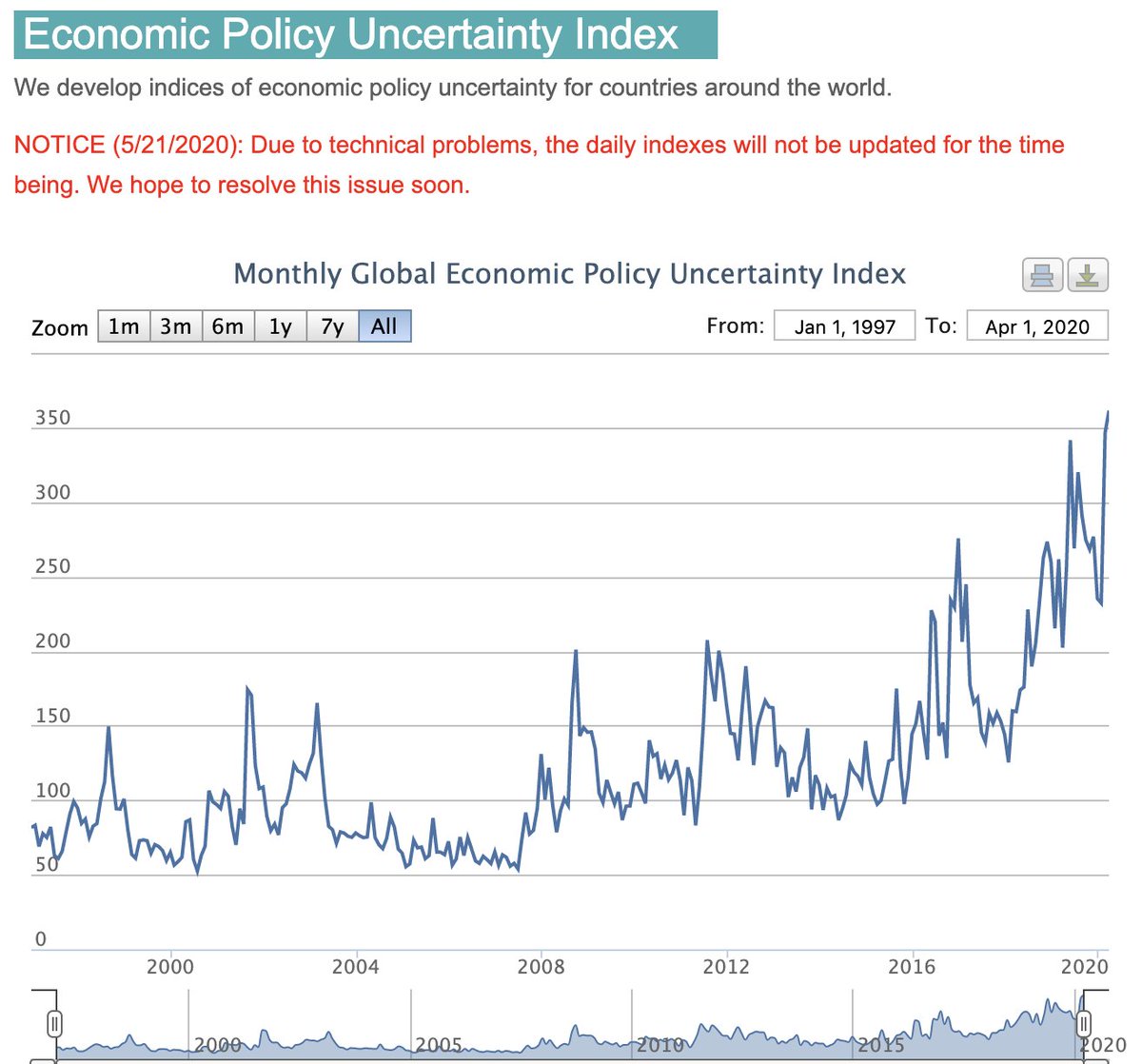
A quick thread walking through some of my latest piece "Our Most Brilliant Idea" where I explore the nature of ideas, their generative source, and (of course) #Bitcoin
swanbitcoin.com/our-most-brill…
swanbitcoin.com/our-most-brill…
Ideas are the origins of everything we say, do, or make. The purpose of any economy is to generate and share useful ideas through free trade (to achieve what economists call the division of labor or knowledge specialization).
Resultant knowledge encodes the patterns of action we use to etch our imaginations into the world around us. Winning ideas are chosen by the market, only to be widely distributed as material riches, finer manners and morals, and more profound art.
Our lives are lived enacting our ideas. As HG Wells said:
“Human history is, in essence, a history of ideas.”
“Human history is, in essence, a history of ideas.”

Trade, then, is mankind’s “meta-idea” — the generative idea of all our best ideas. Meta (from the Greek μετά, meaning “after” or “beyond”) is a prefix meaning more comprehensive or transcending: trade is an idea about improving ideas.
Free market capitalism is an idea unequaled in its generation of innovation. It proved itself as the most successful economic model for expanding trade, ideation, and wealth creation in the 20th century ideological contention between American capitalism and Soviet communism. 

Capitalism is a socioeconomic system that optimizes for trade via the 3 pillars of private property rights, rule of law, and honest money—their stability is the bedrock of peace: with fixed and simple laws, market participants are forced to play the game well to make a living. 

Money is the medium through which market participants express their ideas, preferences, and values. Pricing systems are economic telecommunication networks endlessly echoing and coordinating market action by dynamically informing everyone of everyone else’s trades.
A true free market is a forum of unhampered and voluntary exchange where ideas compete, combine, and transform. The free market may be considered the ultimate distributed computing system — a nexus of consciousnesses driven by human action and interconnected by prices.
Mankind makes the world his own by channeling energy across the ideological field lines fashioned in his extended mind—the free market. Such ideation drives civilization, as Oliver W. Holmes said:
"Man’s mind, once stretched by a new idea, never regains its original dimensions.”
"Man’s mind, once stretched by a new idea, never regains its original dimensions.”
#Bitcoin is a new idea for money that gives us the freedom to: trade without central bank interference, store our wealth in a place resistant to seizure, and to embrace truth in a world drowning in deception.
Read about this in much more in my latest writing "Our Most Brilliant Idea," a piece toward which all my prior writings have been building towards. #Bitcoin may actually prove to be the most brilliant idea in human history...
swanbitcoin.com/our-most-brill…
swanbitcoin.com/our-most-brill…
Thank you to @SwanBitcoin for sponsoring this writing, I hope the world finds this work to be insightful, and thank you to all those who helped in the editing process @jimmysong @Bquittem @gregzaj1 @Zach_of_Earth @RelevantPeter and anyone else I forgot!!
Soon, I'll post some videos on YouTube related to this work, please check out my channel and subscribe!!
youtube.com/c/RobertBreedl…
youtube.com/c/RobertBreedl…
• • •
Missing some Tweet in this thread? You can try to
force a refresh



